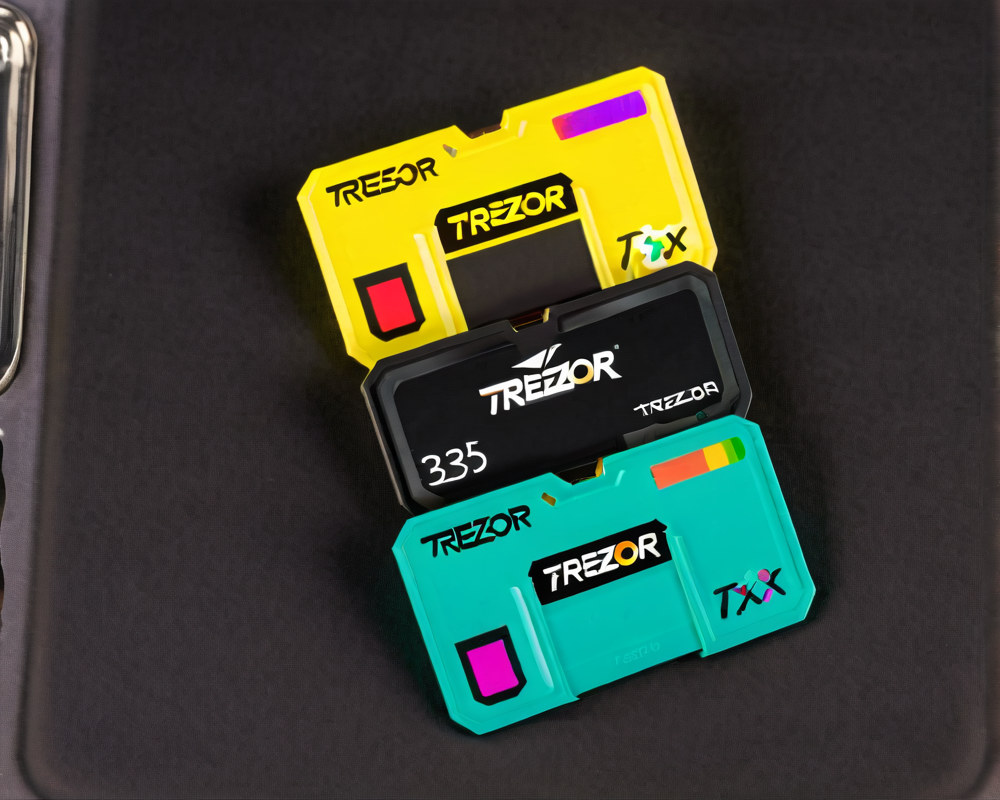Trezor’s New Manufacturing Strategy
Trezor, a prominent name in the cryptocurrency wallet arena, has decided to take the plunge into the manufacturing scene by producing its own hardware wallet chips. This bold move comes on the heels of significant market events, like the FTX collapse, which surged the demand for their wallets by over 300%.
The Need for Speed
With their decision announced on Feb. 27, Trezor aims to slash their supply cycle from a painstaking two years down to just a few months. Talk about a turbo boost! This adjustment is set to alleviate shipment delays and shield customers from the notorious rollercoaster of price fluctuations that often accompany market demand chaos.
The Chip Dilemma
As Trezor’s CFO, Štěpán Uherík, noted, the global chip shortage that wreaked havoc in the electronics market also played a pivotal role in this shift. Companies were witnessing lead times ballooning from 12 weeks to a dreadful 90 weeks. Imagine planning a party with a three-month supply chain – no more balloons for you!
The Electronics Fiasco
Powering everything from smartphones to cars, semiconductors have become wrapped in a drama worthy of a reality TV show. In 2021, as people fended off cabin fever by indulging in gadgets, semiconductor sales soared, causing prices and availability to spiral. Adding fuel to the fire, cryptocurrency mining also fueled demand, leading to even more headaches for manufacturers.
A Tough Road Ahead for Others
Now, while Trezor’s approach may seem splendid, others aren’t convinced this is the route to take. Veronica Wong, the CEO of SafePal, pointed out that not every company is cut out for the complexities of chip manufacturing. Think of it as trying to create a gourmet meal without a recipe – daunting, right? She emphasized that her firm hasn’t faced such shortages and doesn’t see the need to dabble in chip-making.
The Balancing Act
Uherík, however, advocates for a mixed strategy—using both mass-produced chips while controlling in-house manufacturing. It appears that Trezor believes you can still enjoy cake while keeping an eye on the oven. This method aims to avoid the pitfalls of price variability and unpredictability while ensuring reliable product availability.
Conclusion: Diversification is Key
This strategic shift showcases Trezor’s intent to mitigate the more significant supply chain issues seen in the past few years. Still, it raises a vital question – can every crypto company pull off such a stunt, or is this just a Trezor-specific advantage? For now, it seems that while diversifying may equip them for the turbulent waters of the crypto industry, not every wallet maker is ready to jump into the chip-making fray just yet.




